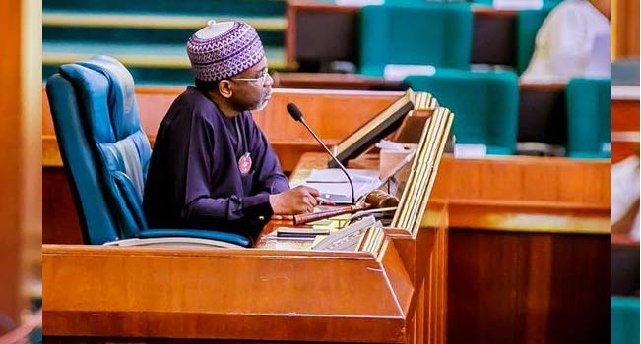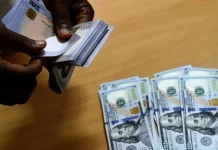President Muhammadu Buhari’s plan to borrow $22.79 billion has hit a brick wall as the House of Representatives has postponed the consideration of the loan request indefinitely, days after the Senate announced its approval.
The Speaker of the House of Representatives, Femi Gbajabiamila, had said that President Buhari’s loan request would be considered on Wednesday, but yesterday, he directed that the consideration be suspended as it would not be on the order of proceedings.

The postponement is until further notice as Gbajabiamila did not give a date to deliberate on the loan request.
“We will step that down for today,” he said, as the House had listed the report by its Committee on Aids, Loans and Debt Management on the 2016–2018 Federal Government External Borrowing (Rolling) Plan as the last item for consideration.
The Senate had also disagreed over the approval after Senator Adamu Aliero (Kebbi Central) pushed for a postponement of the consideration to another legislative day, but the Senate President did not agree with that.
He explained that such a postponement would be counterproductive as the findings and recommendations of the report would have already been debated in the media before the consideration. He advised that the report be considered to forestall such eventuality.
Recall that this loan request was previously rejected by the 8th Senate under Bukola Saraki’s leadership. This was due to the fact that there was no detail in the document which held the request. But last December, Buhari presented the loan request of $29.96 billion again but it was reduced to $22.7 billion, with claims that the 8th National Assembly had already approved about $6 billion out of the money.
Who will fund Nigeria’s $22.79bn loan? According to the Senate panel, the funding agencies for the loan are the:
- Japan International Cooperation Agency ($200,000,000);
- German Development Bank ($200,000,000);
- China-Exim Bank ($17,065,496,773); and
- French Development Agency ($480,000,000).
The loan will be used to fund critical infrastructure projects under the 2016–2018 External Borrowing Plan like the Nigeria Electricity Transmission and Access Project ($364,000,000); Social Inclusion and Welfare Advancement project, renamed National Social Safety Net Project, ($500,000) and the Economic Reforms and Governance Project, renamed Fiscal Governance Project ($200,000,000).
Source: Nairametrics













